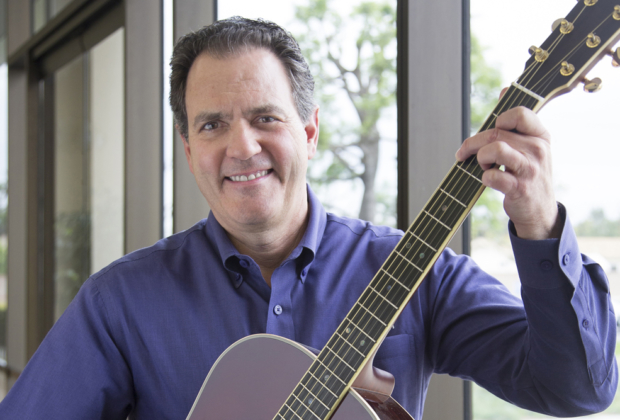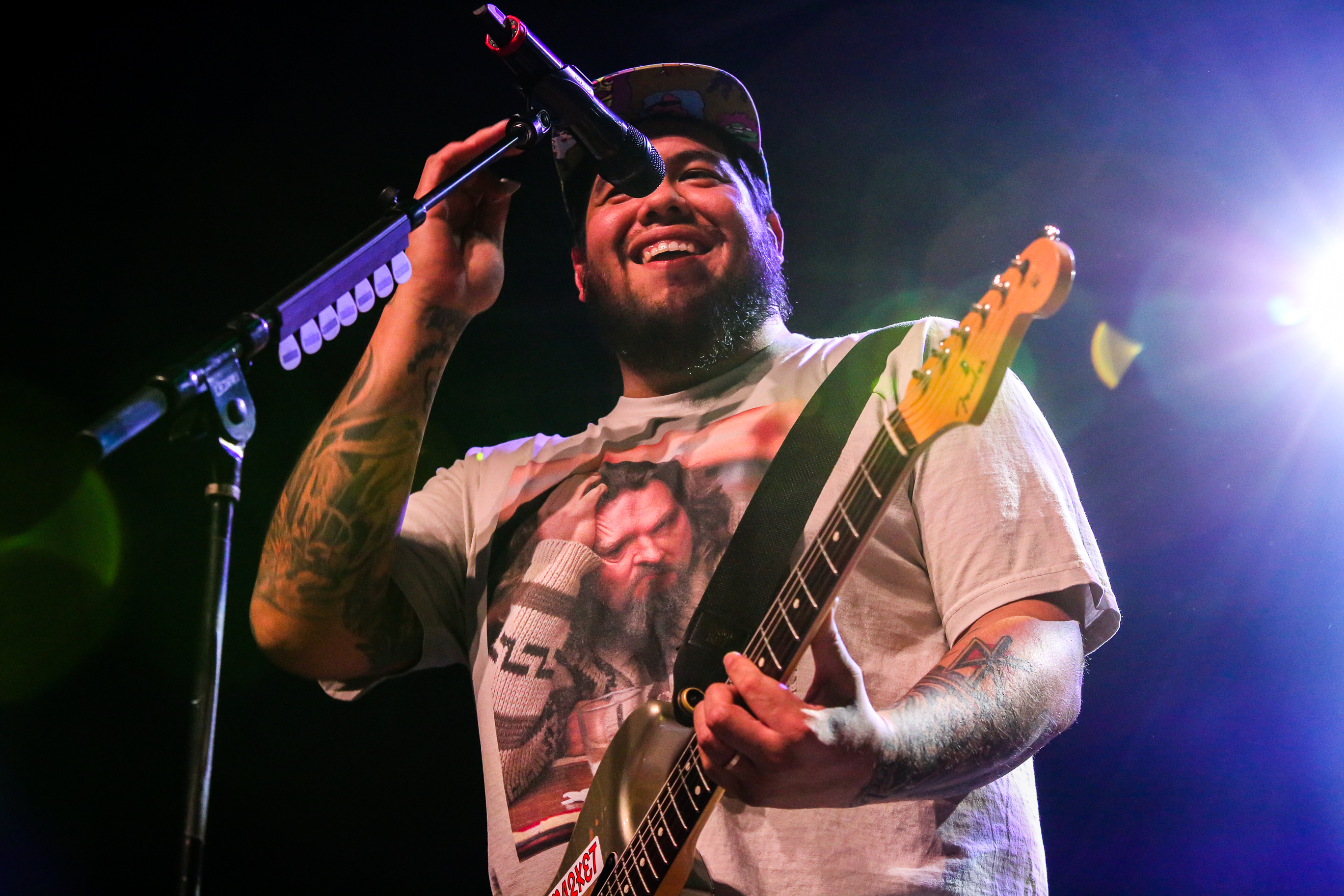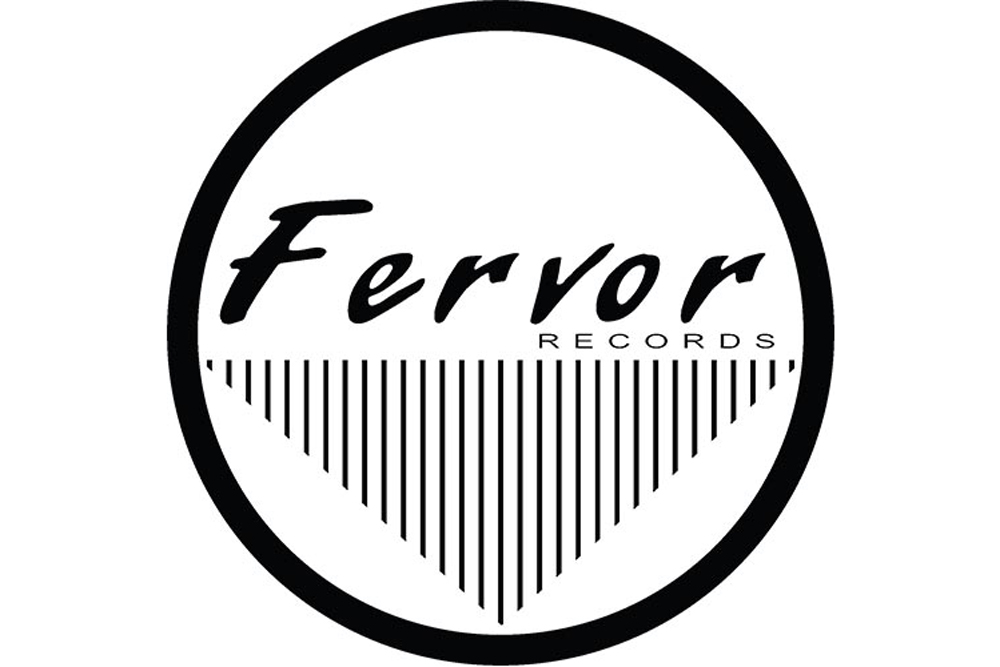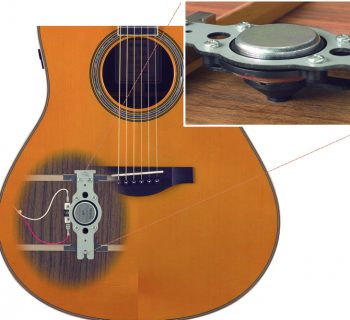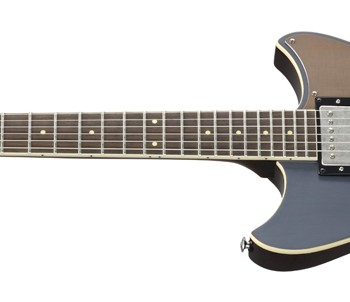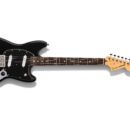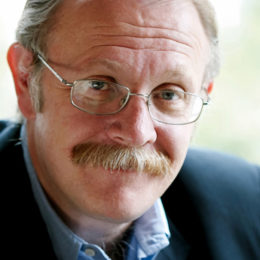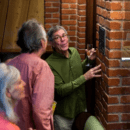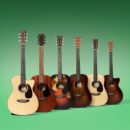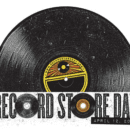Tom Sumner
President
Yamaha Corp. of America
Years with Company: 31
Address: 6600 Orangethorpe Ave., Buena Park, CA 90620
Phone: 714-522-9011
Web: usa.yamaha.com
Clients: Elton John, Alicia Keys, Paul McCartney, Steve Gadd, Dave Koz
BACKGROUND
From his start in instrument sales, Tom Sumner began working with Yamaha 31 years ago. Recently, he assumed the role of President, taking over the American wing of the Japanese company that’s been in business for 131 years. Among the dizzying array of products the company provides are guitars, pianos, keyboards, drums, sound gear and even music education for youth.
Loving the Brand
Growing up, I was a guitar player in bands. I ended up working in music stores, either teaching guitar or selling [instruments]. I loved selling Yamaha gear because it always worked and never came back. So I sold a lot of Yamaha gear. When I got out of college, I was still playing in bands and worked for Macy’s department store in the San Francisco area. At the time, portable keyboards was a big market, so I started working with Yamaha. I always admired the brand.
Everything Sound
There are a lot of companies that are just guitar companies or just keyboard companies or just professional sound companies. We do almost all of that. We don’t do microphones or cymbals. But over the years we’ve spent a lot of time developing. When we first started, we spent probably 60 or 70 years just making pianos and organs. When we started making guitars, we made high-end classical guitars and we still make them but we’re probably better known for our entry-level acoustic guitars.
Every business we’ve gone into we’ve taken our time and really learned what it was about. Everything leads to another category of musical instruments. We make almost everything musical- and sound-related.
Many Single Companies Under One Umbrella
We’ve got folks who are 100% passionate and thinking about saxophones every day of the year. We have folks who are 100% dedicated to guitars and all they’re thinking about is acoustic guitars. As opposed to being just one giant factory, we’re more like a guitar company, a wind company, a drum company, a live sound company, which has the underpinnings of quality and innovation on all of that. We’re like a bunch of little companies that are dedicated to those areas.
App-y Day
We’re trying to help musicians solve problems and have more fun playing music. Apps are a natural extension of that. We’ve got a recording app that’s Cubase that lets you record from an iPad and that kind of stuff very easily. We have another app called Chord Tracker, which takes whatever library you have on your phone, reads it and puts up a chord chart for you. That’s really handy if you have a gig and somebody says, hey, can you play such and such a song? If you’ve got it in your library, you can just pull up a chord chart.
Making Musicians’ Lives Easier
Musicians love playing music. Most of them don’t love trying to set up the PA and hauling it out of their Volkswagen or whatever they’ve got it in. So we’ve spent a lot of time on the live sound end of things to make it really easy for musicians to sound great, to be able to set up the PA, plug in and go. There’s some magic to that because that’s not an easy thing to do. We’re putting our efforts into making musicians’ lives easier.
The Digital Piano Revolution
It’s really hard to take an upright piano to a gig, so a digital piano is a really handy thing. It weighs 30 pounds or something; you can actually haul it around. That was a big advancement. And then there are things like recording and reproducing pianos where you can record exactly what you’re playing and have that play back exactly like you played it. Those kinds of things help get people into music.
Durability
When I was 18 or 19, I ran a sound company and we were going to a gig in Golden Gate Park. We were driving across the Bay Bridge coming from the East Bay into San Francisco and we hit this huge pothole. One of the power amps literally jumped out of the back of the truck and landed on the freeway. We thought, oh no. We ran out and looked—it was a Yamaha P-2200. We said, thank goodness it was the Yamaha. That’s still going to work. And it worked fine. Things like that happen to players all the time. Making things that musicians can depend on is important.
Constantly Innovating
We’re always trying to come up with improvements to either make [instruments] play easier, make them more durable or make them sound better. We’re looking at that kind of stuff all the time.
The Transacoustic Guitar has reverb and chorus built into it so you can be sitting on your couch, turn on the reverb or chorus and it sounds like you’re playing in a recording studio. It gives you great effects acoustically that makes players want to pick up the guitar. That’s something that’s pretty innovative.
Time Passing Means Less Expensive
Instruments have become a lot more affordable and a lot better over the last 30 years. The quality of guitar you could get 30 years ago wasn’t the same quality you get today. A lot of synth or keyboard players remember, oh, I always wanted that synthesizer and it was $5,000. That synthesizer today might be $800 or $900. If somebody wants to play piano, they can get a portable keyboard or digital piano that’s relatively inexpensive. And the digital pianos you get today feel and sound just like an acoustic piano.
Catering to Musicians’ Needs
Sometimes we build a signature model or something to [a famous musician’s] specs. Other times, we provide specific tweaks they want. We also provide services around instruments; if one of our artists is going to play the TODAY Show, we’ll get a piano there and make sure it’s tuned to their specifications.
We’ve got folks all over the place with all the different instruments we work with, whether it’s Dave Koz or Mindi Abair with the saxophone or Elton John or Alicia Keys for pianos. We work with them each in their own way. Alicia Keys did a video where she wanted a purple piano. We couldn’t paint it, so we used one of those car wrap places and got the piano wrapped. Those are the kinds of services we try to provide so [artists] can be creative and they don’t have to really worry about the instrument.
Making Waves
About two years ago, some of us sat down and looked at—what are we really trying to do? We’re not just trying to sell musical instruments. We thought, what are people trying to do with making music? They want to write an anthem. They want to write something that’s going to change the world. Other people are just fine playing “Twist and Shout” in their bedroom. Make Waves is kind of talking about how people might make a difference in millions of people’s lives or they might just make a difference in their own lives. Make Waves is the way we phrase what they’re doing. Even instrument designers can make waves by making instruments easier to play or more friendly.
Make Waves is kind of a catchphrase that we use to describe how people can make a difference by playing music. It’s a brand promise. It’s about the customers and what we’re trying to do for musicians. We’re trying to enable them to make a difference by providing great instruments and service and helping them create and make music.

